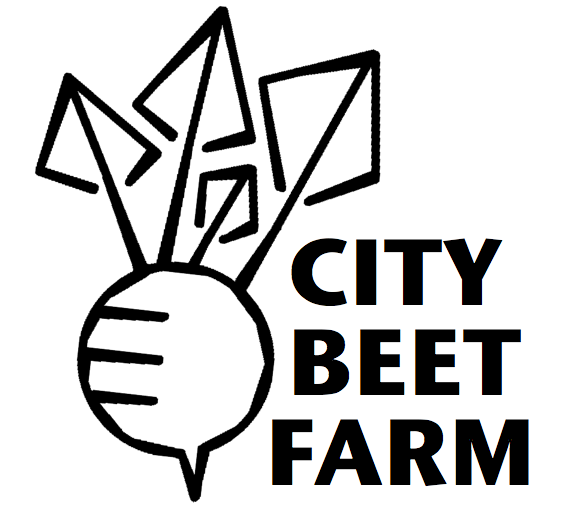I love that farming comes in seasons. The ‘hard reset’ of winter keeps the activities and projects from blurring into one another, and I find myself better able to keep track of when stuff happened, who I was gardening or farming with, and what worked and what didn’t. This is because all the events took place firmly within a given calendar year, with a break to reflect and relax before starting the next season.
For example, 2015 was my first full season farming, made possible by a grant-funded “research” project, for which I split my time between an urban farm and a peri-urban farm in Hamilton, Ontario. In 2016, I graduated undergrad and moved into the urban farmhouse for a full-time farm internship in exchange for room and board -- probably my most immersive season. In 2017, I was still living and working on the farm while researching and writing my first master’s thesis on Hamilton’s community gardening efforts in the 1930s. Liana and I grew decorative gourds for the first time that year in her backyard. In 2018, I was an employee on the urban farm, worked at a children’s museum in the afternoons, and as a tour guide at the historic house and garden of the first honorary member of the Canadian Society of Landscape Architects on the weekends (LARPing as a 1930s butler, in keeping with the probable origins of my last name).

In 2015 I grew my hair long and biked to Backyard Harvest Urban Farm from my apartment above a sub shop. This is me, our dedicated volunteer Peter, and farmer Russ with the pre-paint-job VW Transporter.
In September 2018, we moved to Vancouver and I wasn’t working on a farm for the first time in four years. But when the 2019 growing season came around I was still in farmer mode. I turned over our entire backyard in Kits, planted spinach, a double row of peas, and one (1) tray of lettuce, parsley, and basil. I probably potted up ¾ of the lettuce and had room to plant around ¼ of it in the garden. We ended up with way more than enough lettuce for ourselves and to share, nice basil for a while, and the right amount of parsley (a notorious slow-starter from seed). That summer I also finally did my Permaculture Design Certificate through UBC Farm and OUR Ecovillage, and got my farming fix.
In the 2020 season, I was fortunate to work on a research project maintaining 12 experimental rain gardens, recording bloom times for flowering perennials and observing pollinator interactions. Our home garden was entirely taken up by garlic that year, so the weeding and hoeing at the experimental plots gave me a great opportunity to spend a day or two a week in the sun.



Our Kitsilano backyard, 2019
On the farm in Hamilton we used to play a game called “what would you grow if you could only grow three things.” My answer was usually (and perhaps unsurprisingly, given the preceding paragraphs) garlic, sugar snap peas, and spinach. Fortunately, by returning to farming this season, we won’t have to limit what we grow (too much). For 2021, I am excited to report that we ordered seeds for 72 varieties of fruits and vegetables, around 16 types of flowers (all new for me!), and 2 kinds of assorted decorative gourds.
I have been trying to learn as much as I can about the previous City Beet seasons. I know that Seasons 1 through 4 (2013 - 2016) were brought to you by Katie and Ruth. Digging into the archived blog they kept when interning in Ontario, then starting the farm in the northwest of Riley Park was so inspiring, and it is amazing to see the connections they forged and business they established from scratch. In Seasons 5 through 8 (2017 - 2020), Maddy and Elana did an incredible job of growing the farm’s land base by adding a quarter acre in Southlands, deepening community connections, and creating new infrastructure and processes specific to urban farming.
What sorts of things are you looking forward to for Season 9 of City Beet Farm? It’s generally accepted that around Season 9 was the last good season of The Simpsons. But don’t worry, farm seasons are not like TV show seasons. The soil and social relationships surrounding the farm improve each year as we add organic matter to the gardens and care for our neighbours. The stories and jokes will write themselves!
Thanks to everyone who has signed up for a CSA share already. We are so grateful for the warm welcome we have received from the City Beet community so far, and your support means a lot to us! We very much look forward to meeting you all in person this season.
-Duncan
P.S. Here are some fun seeds we ordered, that you can expect in CSA shares in the 2021 season:
- Watermelon radish
- Purple carrots (thanks mother Chambers for insisting)
- Many colours of strawflowers

Good thing I don’t like the simpsons anyways! Looking forward to the flowers :)